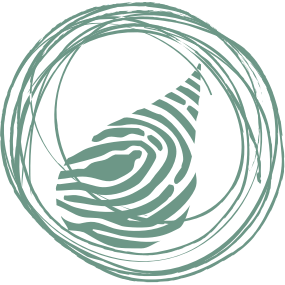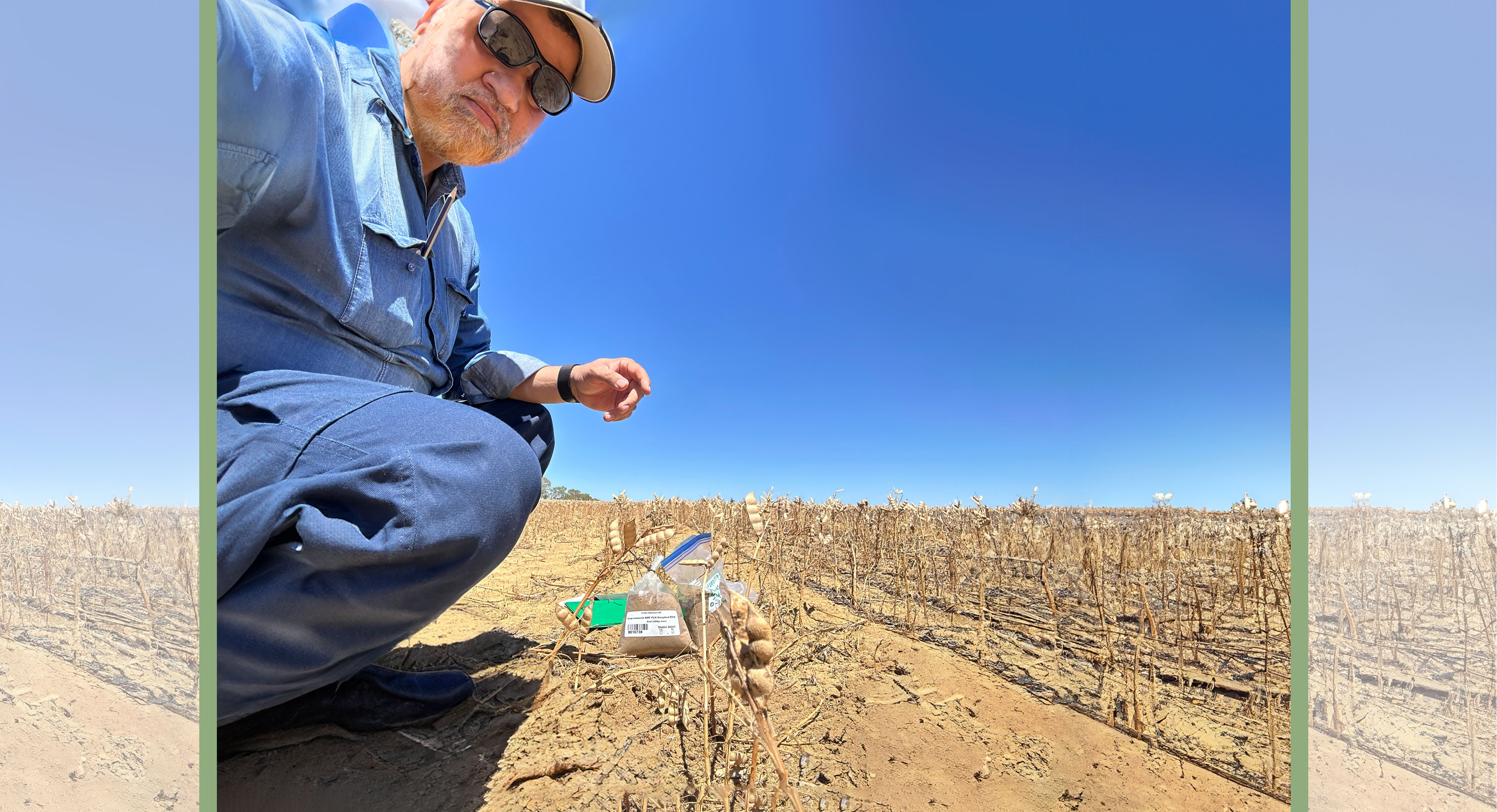Wheatbelt NRM have been sampling for over two years on paired farms located in Buntine and Newdegate collecting data that is being used to unpack the relationship between soil biology metrics as indicators of soil health and assessing their relevance to crop production and environmental outcomes.
Sampling has been undertaken four times a year in different phases of the cropping cycle. It has focussed mostly on soil, however biomass cuts and root scores have been taken pre-harvest. Sample analysis has been performed by the South Australian Research and Development Institute (SARDI) and the NSW Department of Primary Industries (DPI).
The farm pairs are similar in terms of geography, geology and production systems, with the key difference being that one from each pair is managed regeneratively and the other, conventionally. It is hoped that in sampling both systems, we may see differences in soil biology indicators across the two management systems.
The Soil Microbial Indicator project is a three-year project, finishing later this year. It is led by NSW DPI, it has eight participants with five sampling locations across Australia. Wheatbelt NRM manages the sampling locations in Western Australia.
Farmers and scientists alike understand that soil biology is an important component in healthy soil, though what to measure, when and how, can be a confusing and often expensive business. It is hoped that this project will lead to improved knowledge and use of soil microbial indicators to drive agronomic decision-making to increase agricultural productivity and resilience to environmental stresses such as drought.
Project findings are expected later this year.


